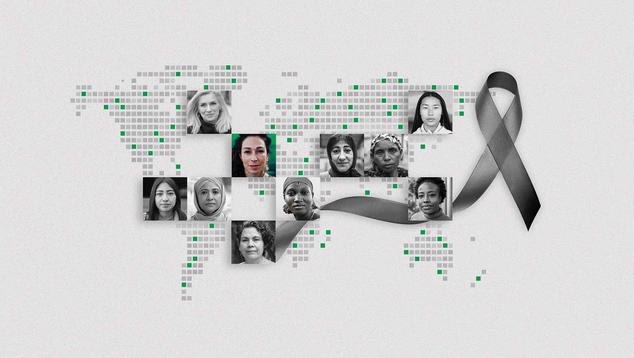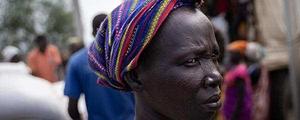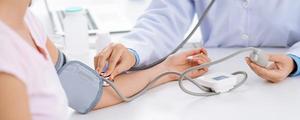WASHINGTON, D.C. -- With new cancer cases globally projected to reach 32.6 million annually by 2045, prevention, early detection and access to quality healthcare are essential in the fight against the disease. However, the latest Hologic Global Women’s Health Index shows that for the first time in the survey’s four-year history, fewer women are reporting being tested for any type of cancer.
The latest global survey of women’s health shows just 10% of women in 2023 (Year 4 of the Index) said they were tested for cancer in the past 12 months before the survey. This is down from 12% in 2020 and 2021, the first two years of the Index. Reported testing started to slump in 2022, but the decline became statistically significant only in 2023.
Almost all the declines in testing in 2023 took place among women over 40, who are at higher risk of developing cancer. Although other studies show cancer diagnoses are rising among younger adults, older adults (particularly those aged 65 and older) are more likely to account for new cases in coming decades.
Since its establishment in 2020, the Index has helped fill a critical gap in what the world knows about the health and wellbeing of women. The results from its fourth iteration are based on surveys conducted in 2023 in person and by telephone with nearly 146,000 women and men aged 15 or older in 142 countries and territories.
In addition to the decline in cancer testing, the latest Index also reveals little progress for women on testing for high blood pressure, diabetes and sexually transmitted infections (STIs), with consistently low rates continuing to place women in every part of the globe at risk.
Improvement on High Blood Pressure Testing Stalls
After rising significantly in 2022, testing rates for high blood pressure -- one of the “most serious, neglected health problems in both the developed and developing worlds” -- maintained this higher level in 2023. The 36% of women who reported being tested for high blood pressure was unchanged from the previous year but was still up from 33% in 2020.
While reported testing increased among women younger than age 40 between 2020 and 2023, these increases were partially offset by declines among those over the age of 50 -- who are recommended to have their blood pressure checked yearly. The steepest decline took place among those aged 61 to 70, with testing rates dropping 12 percentage points between 2020 and 2023.
No Progress on Screening for One of the Fastest-Growing Diseases for Women
Roughly 90% of diabetes cases are Type 2 diabetes, which is largely preventable and manageable if caught early with diabetes testing. In 2023, one in five women worldwide (20%) were tested for diabetes in the 12 months before the survey, unchanged from reported testing in any of the previous years.
Women over age 40 -- when Type 2 diabetes diagnoses start to spike -- remain twice as likely to say they were tested for diabetes compared with women younger than 40, 27% versus 13%, respectively.
Low Rates of STI Testing Place Billions of Women at Risk
Regular testing for STIs, particularly among at-risk populations such as women aged 15 to 24, can identify infections early. The earlier these are diagnosed, the better the chances for effective treatment.
Although cases of STIs have kept climbing since the COVID-19 pandemic, the reported incidence of testing for these diseases has not kept pace. In 2023, just 10% of women were tested for an STI in the 12 months before the survey, unchanged since 2020.
While women younger than 40 (12%) were more likely to have been tested than those over age 40 (8%), these low figures mean nearly 2 billion women of reproductive age are at risk of infertility, increased maternal and fetal mortality and deadly diseases related to STIs.
Bottom Line
The Year 4 findings from the Hologic Global Women’s Health Index highlight a concerning decline in cancer testing among women, particularly those over the age of 40.
As the incidence of cancer and other serious health conditions such as high blood pressure, diabetes and STIs continues to rise, it is imperative to focus on preventive measures and early detection through regular testing. The data underscore the need for global health initiatives to improve access to healthcare services, raise awareness about the importance of regular health screenings, and address the disparities in women's healthcare.




